About CONF-CIAP 2026
The 5th International Conference on Computing Innovation and Applied Physics (CONF-CIAP 2026) is a leading conference on computing innovation, mathematics and applied mathematics, theoretical physics, applied physics. CONF-CIAP 2026 is open to international participants. It provides an excellent opportunity for scholars interested in mathematics, physics, and computing innovation to share their findings and achievements, thus promoting communication and cooperation. This conference is supported by faculty members from Northumbria University, University of Florida, University of Southern California and University of St-Andrews.
CONF-CIAP 2026 is a hybrid conference, establishing an online session and welcoming participants from all countries and regions to join whenever and wherever possible. Meanwhile, to facilitate broader academic exchange and knowledge sharing, CONF-CIAP 2026 will host multiple on-site symposium series at Hangzhou Innovation Institute of Beihang University (Hangzhou, China), Illinois Institute of Technology (Chicago, USA), and Beijing Institute of Technology (Beijing, China). Authors are welcome to submit their manuscripts to the symposium series, each of which will independently handle the submission and review process.
The goal of this conference is to bring together researchers and practitioners from academia and industry to highlight the importance of computing innovation, mathematics and applied mathematics, theoretical physics, applied physics, as well as establish new collaborations in these areas. The conference looks for significant contributions to mathematics, physics, and computing innovation in theoretical and practical aspects.
Topics
The topics of interest include but are not limited to:
- Artificial Intelligence (Theory, Models and Cross-Disciplinary Adaptation)
- Machine Learning (Supervised/Unsupervised/Learning Paradigms for Scientific Tasks)
- Deep Learning (Neural Network Architectures, Optimization for Physics/Data-Driven Problems)
- Advanced Numerical Algorithms (for Partial Differential Equations, Integral Equations, etc.)
- Scientific Visualization (Techniques for Visualizing Complex Scientific Data from Simulations/ Experiments)
- Image Processing (Algorithms for Scientific Imaging, e.g., Astrophysical, Biomedical, Material Science Imaging)
- Nonlinear Optics: Phenomena, Mechanisms and Mathematical Analysis
- Quantum Optics: Coherence, Entanglement and Quantum State Manipulation
- Statistical Optics: Light Field Fluctuations and Probability-Based Analysis
- Advanced Optical Imaging Techniques (e.g., Super-Resolution Imaging, Holography, Tomography)
- Optical Sensing and Detection: Principles, Systems and Signal Processing
- Image Processing in Optical Imaging (e.g., Denoising, Reconstruction, Feature Extraction)
- Optical Metrology: Precision Measurement Based on Optical Principles
- Biomedical Optics: Imaging and Sensing for Healthcare Applications (e.g., Optical Coherence Tomography)
- Condensed Matter Physics: Structures, Properties and Computational Modeling
- Plasma Physics: Generation, Confinement and Applications
- Atomic, Molecular and Optical Physics: Spectroscopy, Lasers and Quantum Interactions
- Particle and Nuclear Physics: Accelerators, Detectors and High-Energy Phenomena
- Astrophysics and Cosmology: Simulations, Observations and Data Analysis
- Materials Physics: Nanomaterials, Semiconductors and Functional Materials
- Biophysics: Molecular Dynamics, Biological Systems Modeling
- Computational Physics: Simulations in Fluid Dynamics, Quantum Systems and Many-Body Problems
- Geophysical and Environmental Physics: Climate Modeling, Seismology and Atmospheric Phenomena
- Differential Equations and Dynamical Systems (Theory, Modeling, and Numerical Solutions)
- Optimization and Operations Research (Algorithms for Scientific and Engineering Problems)
- Numerical Linear Algebra and Approximation Theory
- Stochastic Processes and Probability in Modeling
- Inverse Problems and Imaging Mathematics
- Mathematical Modeling in Physics and Interdisciplinary Applications
- Harmonic Analysis and Functional Analysis for Signal Processing
- Graph Theory and Combinatorics in Computational Problems
Important Dates
| Venue | Final Submission | Conference Date | Notification of Acceptance |
|---|---|---|---|
| Beijing | February 14, 2026 | January 30-February 1, 2026 | 7-20 workdays |
Review Process
The submission will first be reviewed for its topic and length, then go through an originality check. The peer-review process will begin soon after the paper is found to be qualified. The paper will be sent to have a double-blind peer review by 2 reviewers. They will judge the paper based on the theme, coverage, innovation, integrity, depth, and language. If the paper is accepted, notification of acceptance and review comments will be sent to the author via email. The actual review time may be different under certain situations.
Publication
All papers submitted to the conference will be assigned to the respective symposium committees based on factors such as submission date and topic relevance. Each symposium committee will then coordinate the peer review process, ensuring rigorous evaluation and making final decisions on acceptance and publication.
Journals
We call for excellent papers and review them according to the requirements of each journal. Qualified submissions will be directly recommended for publication in the following journals or corresponding Special Issues. The journals listed below have been indexed by Science Citation Index (SCI)/Science Citation Index Expanded (SCI-E) and/or Social Science Citation Index (SSCI):
- JCRQ1 - Mathemtatic [Impact Factor: 2.4; CiteScore: 3.5]
- JCRQ2 - Axioms [Impact Factor: 2.0; CiteScore: 2.2]
Please refer to the 'Information > Publication' page for specific recommendation rules and guidelines.
Conference Proceedings
Accepted papers of CONF-CIAP 2026 will be published in conference proceedings according to the research field, which will be submitted to EI Compendex, Conference Proceedings Citation Index (CPCI), Crossref, CNKI, Portico, Engineering Village (Inspec), Google Scholar, and other databases for indexing. The indexing result will be determined by the conference proceedings in which the paper is included.
The papers will be exported to production and publication on a regular basis. Early-registered papers are expected to be published online earlier.
* Please note that the publication policy may vary between different publishers. For details regarding the publication process, kindly refer to the policies of the respective publisher.
Previous Speakers
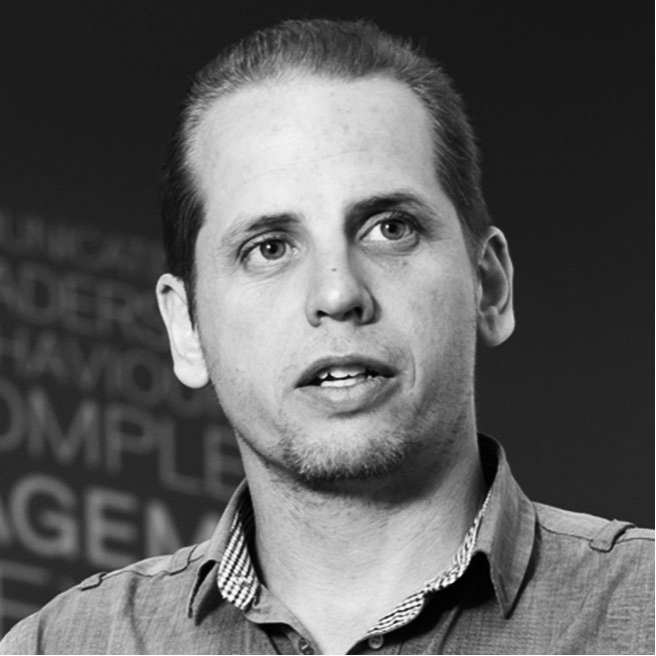
Michael Harre, Ph.D.
Dr. Harre's research combines the psychology of decision theory with artificial intelligence to understand complex social dynamics. Currently he's working on how to replicate a 'theory of mind' for AI and how AI communities co-create knowledge and can cooperate with humans. More generally Dr. Harre is interested in the psychology of AI: how can we use what we know of the mesoscopic scale of human cognition to advance our understanding of machine intelligence, i.e. beyond what is being done at the micro-scale of modelling neurons. He also has extensive experience in agent based modelling, economics, big data analytics, and game non-linear dynamics.
Title of Speech: Game Theory and the Free Energy Principle for Artificial Intelligence
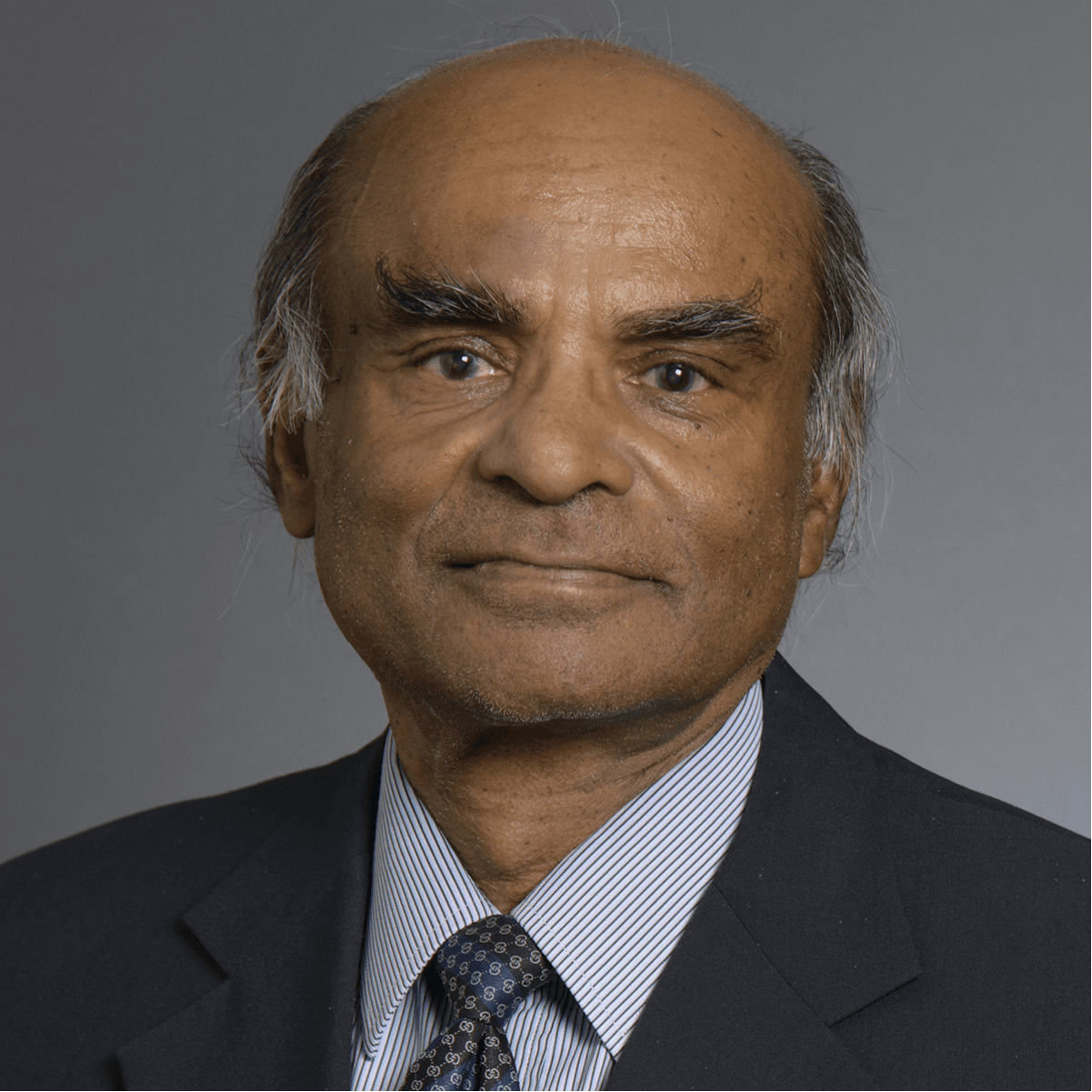
Achintya Haldar, Ph.D.
Dr. Achintya Haldar is active in the related areas of this presentation for over four decades and has published extensively. He taught at Illinois Institute of Technology, Georgia Institute of Technology, and now at the University of Arizona. He was a Guest Professor at the University of Tokyo, Visiting Professor at the IISc -Bangalore, IIT - Kanpur, Hong Kong University of Science & Technology, Technical University of Ostrava, Czech Republic, Honorary Distinguished Visiting Professor at BESU. He also worked Engineers India Ltd, New Delhi and Bechtel Power Corp, Los Angeles. Dr. Haldar has published over 640 technical articles (Google Scholar), including 12 books (edited included), and 38 book chapters. Dr. Haldar is a Distinguished Member of ASCE and a Fellow of SEI. He also received Lifetime Achievement Award from the Society for Reliability and Safety and an Honorable Diploma from the Czech Society for Mechanics. He received the highest teaching award from the University of Arizona and inducted in to Teaching Excellence Award Wall, Georgia Tech. He received many research awards including from President Reagan, ASCE's Huber Civil Engineering Research prize, and John C. Park Outstanding Civil Engineer Award. He received Excellence in Research Journal Award, IGI Global; Certificate of Recognition from Universidad de Cartagena, Colombia; Polis University, Albania; EuroSciCon, France; Euro Congress, London; Certificate of Appreciation, Taishan Academic Forum on Structural Safety and Reliability Assessment, China; and Honorable Recognition Award from ASME.
Title of Speech: Computing Innovation in the Reliability Analyses of Nonlinear Dynamic Systems in the Metaverse Era - REDSET

Emanuel Indrei, Ph.D.
Emanuel Indrei is an Assistant Professor of Mathematics at Purdue University. He received his Ph.D. from the University of Texas at Austin in 2013 under the direction of Alessio Figalli. He was a Postdoctoral Fellow at the Australian National University, a Huneke Postdoctoral Scholar at the Mathematical Sciences Research Institute in Berkeley, and a PIRE Postdoctoral Associate at Carnegie Mellon University. The main themes in his research are nonlinear PDEs, free boundary problems, and geometric & functional inequalities. In the last few years, he solved the non-transversal intersection conjecture, Almgren's problem in two dimensions, and he made progress towards the Polya-Szego conjecture.
Title of Speech: On the First Eigenvalue of the Laplacian for Polygons
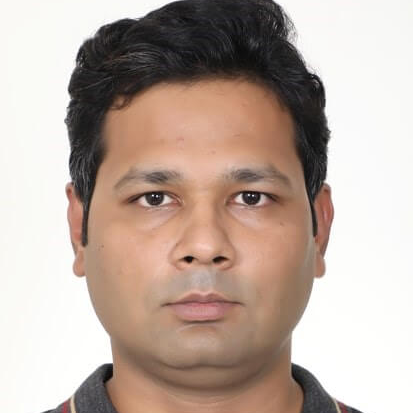
Bhupesh Kumar, Ph.D.
Bhupesh Kumar is currently working as a Postdoctoral Researcher in the School of Physics and Astronomy, at the University of St-Andrews, Scotland, UK. He completed his first postdoctoral studies in May 2020 as a PBC Postdoctoral fellow under the supervision of Prof. Patrick Sebbah, where he played a leading role in the development of a complex experiment set up to study active control of 1D disorder gain media (Random laser), Impact of Non-Hermiticity and Nonlinear Interactions on Disordered-Induced Localized Modes, 1D and 2D solid-state tunable random laser. He has expertise in the subject of light localization, disorder photonics (1D, 2D), wave propagation in disorder media, adaptive optics, and hands-on experience in state-of-the-art instruments such as e-beam lithography, SEM, imaging spectrometer, femtolasers, Raman spectrometer, spatial light modulator, streak camera, and others. He has also completed his Ph.D. from IISER, Mohali, India,, where he worked on large angle twist properties of spider silks using optical diffraction technique and Raman spectroscopy.
Title of Speech: Controlling Random Lasers to Investigate Localization
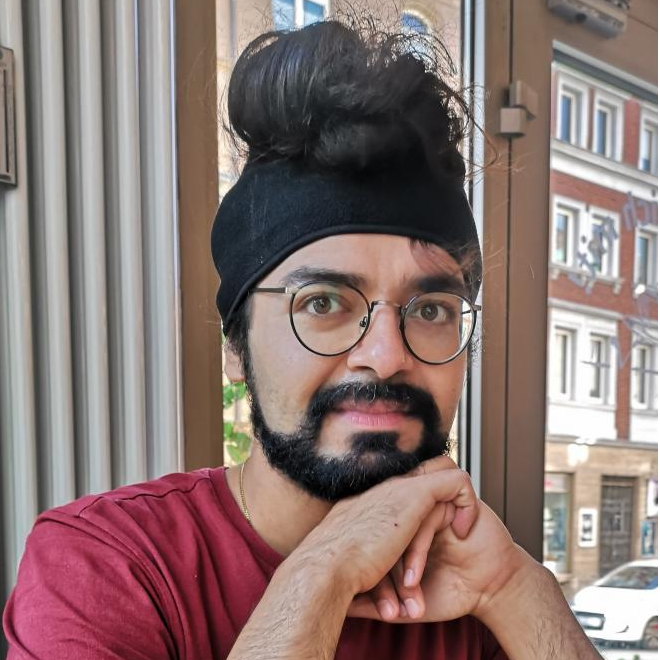
Bismark Singh, Ph.D.
Bismark Singh is an Assistant Professor in the Operational Research group within the School of Mathematical Sciences at the University of Southampton, UK. He received his habilitation in mathematics (2023), from the Friedrich-Alexander-Universität Erlangen-Nürnberg, Germany in 2023 where he worked from 2019 to 2022. He received his PhD and MS degrees in operations research from The University of Texas at Austin, US in 2016 and 2013, respectively, and a BTech degree in chemical engineering from the Indian Institute of Technology (IIT) Delhi. From 2016 to 2019, he worked at the Discrete Math & Optimization group at Sandia National Laboratories, US, as a postdoctoral appointee. In 2017, he was a postdoc in the Institute of Operations Research, Karlsruhe Institute of Technology (KIT), Germany. Bismark's work has been funded as a PI on grants by several agencies, including the US Department of Energy's Laboratory Directed Research & Development program, the German Research Foundation (DFG), the European Open Science Cloud by the Horizon 2020 program, and the Scientific and Technological Research Institution of Turkey (TÜBİTAK).
Title of Speech: Optimization Models for Improving Access for Target Populations during Pandemics
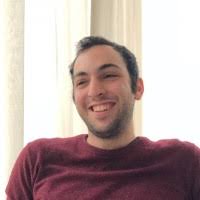
Tommaso Cremaschi, Ph.D.
Tommaso Cremaschi is an Assistant Professor (RTPC) of Mathematics in Department of Mathematics at University of Southern California. He was a Viterbi Post-Doc at MSRI at the program: Random and Arithmetic Structures in Topology. Before that he got the PhD at Boston College. He is interested in low dimensional topology. In particular he has been studying hyperbolic 3-manifolds with non-finitely generated fundamental group. He is also interested in higher Teichmüller Theory and counting problems on surfaces.
Title of Speech: Volume of Random Geodesic Complements
